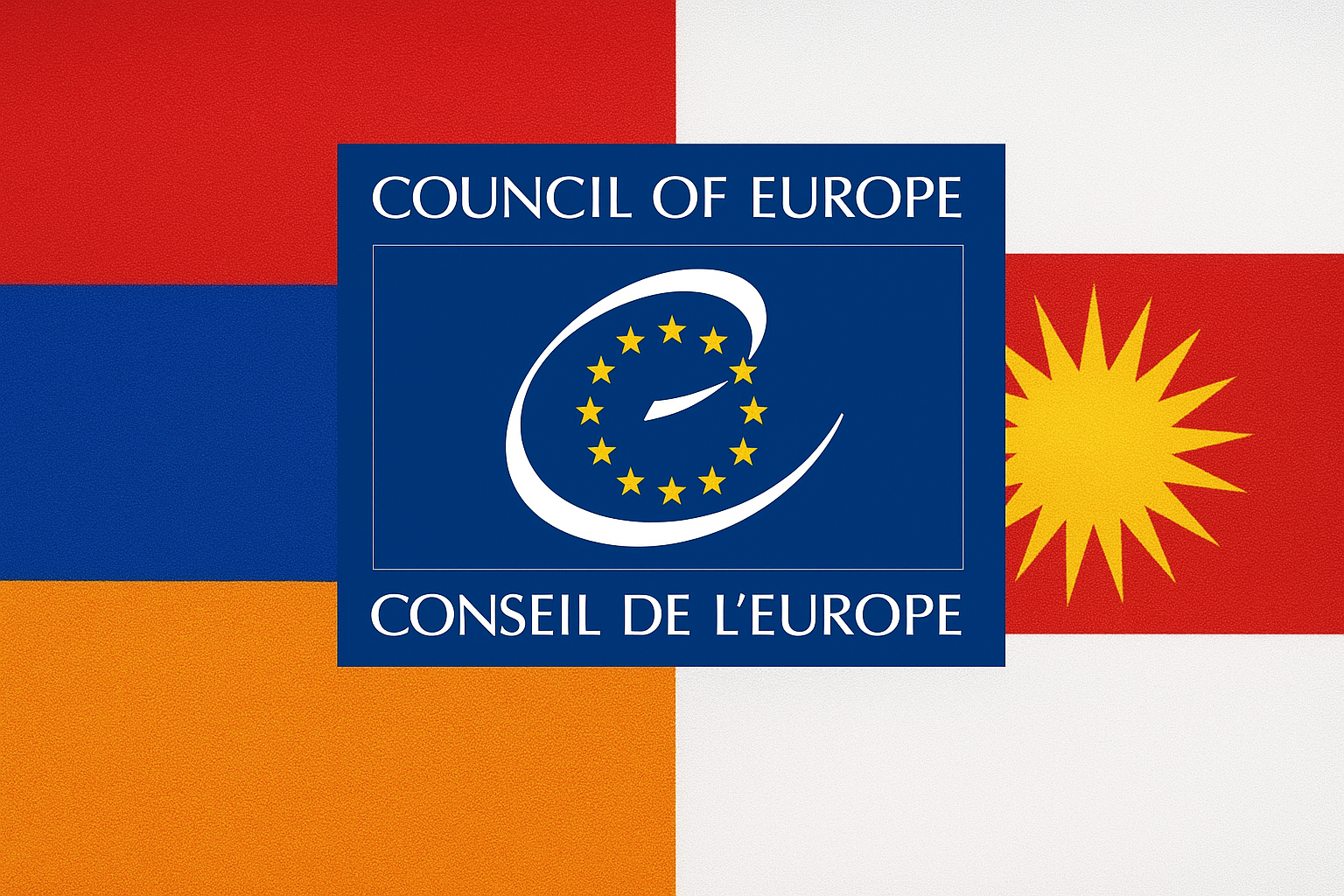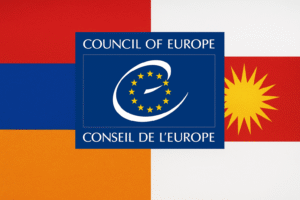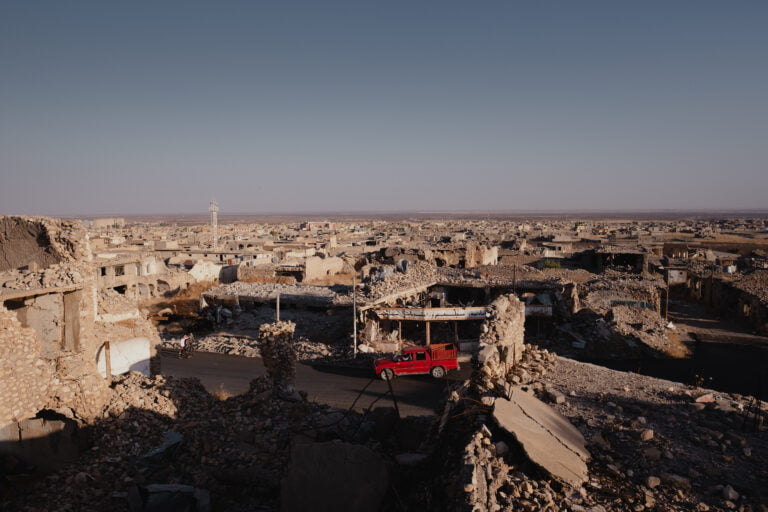Armenia has made notable progress in promoting linguistic diversity, yet significant challenges remain in ensuring minority languages—including Ezidi, Assyrian, Greek, German, and Ukrainian—receive full protection and educational opportunities, according to a new report by the Council of Europe’s Committee of Experts on the European Charter for Regional or Minority Languages.
The report, reflecting the situation in March 2025, praises Armenia for initiatives such as the “Cultural Diversity” programme in schools. Launched nationwide in 2024, this programme reached approximately 170 schools, offering minority language classes, open lessons, performances, and song and dance presentations. Experts noted that the initiative has significantly increased awareness of minority cultures among all students in Armenian schools.
The Armenian government also continues to support minority cultural events, seminars, and celebrations of national holidays, including through financial assistance. Importantly, the Public Radio of Armenia has expanded programming in multiple minority languages, including Ezidi, Assyrian, Greek, Russian, German, and Ukrainian. Television, however, still broadcasts primarily in Armenian, with only informational programmes about minorities.
While Russian language education remains available at all levels, teaching of other minority languages has seen only partial expansion. Greek and Ukrainian, in particular, remain limited in schools. The report identifies a shortage of qualified teachers as a major obstacle and calls for the establishment of university chairs in Assyrian, Ukrainian, and Ezidi studies, along with structured teacher training programmes for all protected minority languages.
Representatives of Ezidi and Assyrian minorities confirmed that their languages are used in municipal assemblies and for oral submissions, while Russian can be used in both oral and written communication in certain municipalities. Greek is largely absent from official interactions. The report highlights that ongoing administrative reforms, which merge smaller municipalities into larger entities, could reduce opportunities for minority-language use in both education and local governance. Authorities are urged to ensure that reforms do not negatively affect teaching or use of minority languages.
The Committee of Experts emphasizes that the Draft Law on National Minorities, currently being finalized, represents a crucial opportunity to strengthen legal protections for minority languages. Aligning Armenia’s legislation with the Charter could ensure that minority languages, including Ezidi, receive the recognition and support necessary for their survival and growth.
The Ezidi language, culture, and traditions form an essential part of Armenia’s diversity. While radio programmes and municipal use offer avenues for preservation, the report underscores the urgent need for expanded teaching, media representation, and institutional support. Armenia’s progress in raising awareness among students and supporting minority groups is commendable, but without further action, languages like Ezidi risk being sidelined. The forthcoming legislation presents an opportunity to secure the future of the Ezidi language and cultural heritage for generations to come.








